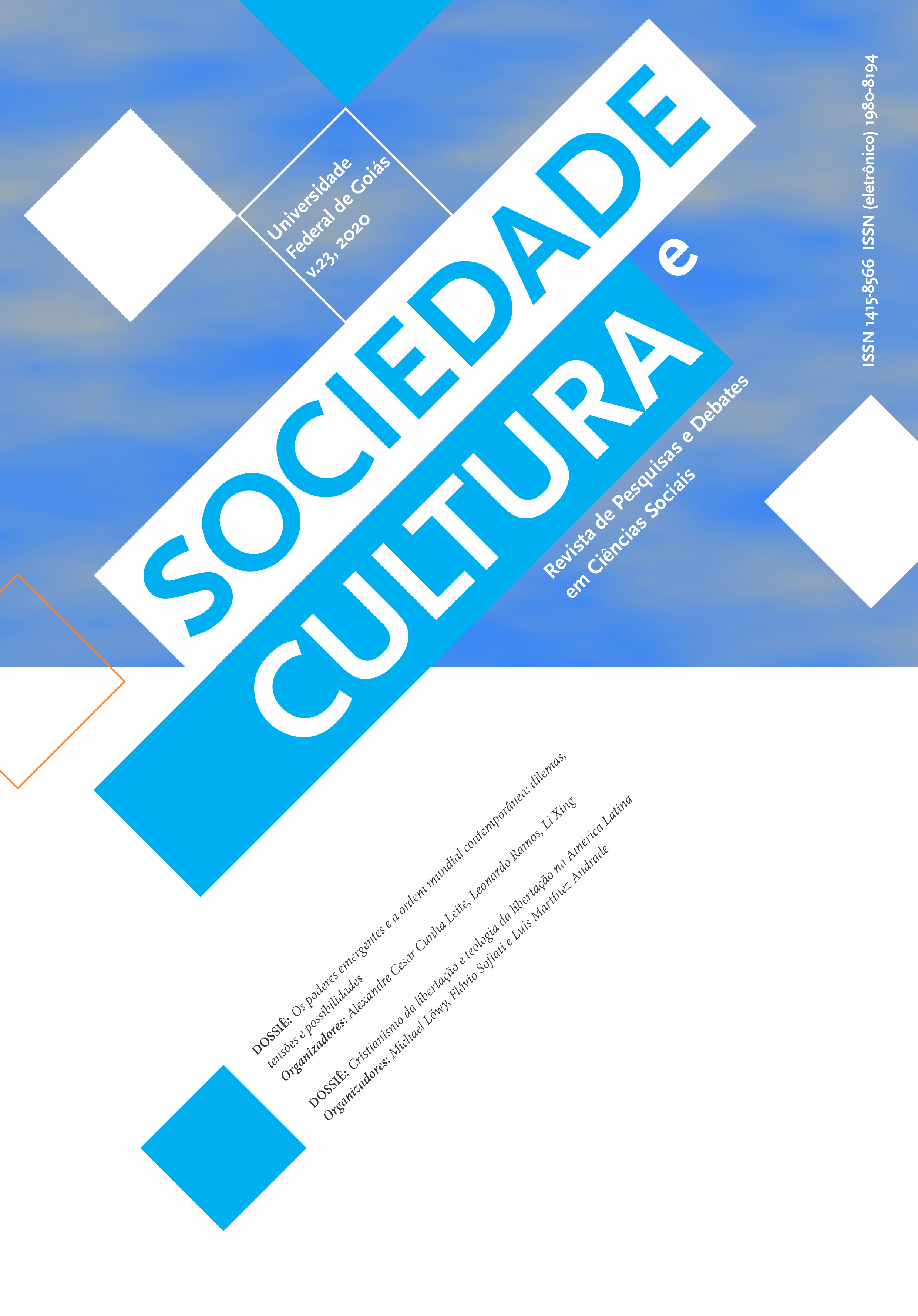The Revolution in the Origins of the Brazilian Catholic Left and Liberation Theology
DOI:
https://doi.org/10.5216/sec.v23i.59752Abstract
The theme of revolution gained important space in Brazil, Latin America and the Caribbean in the late 1950s and early 1960s. The successful Cuban revolution (January 1959) feeds the imaginary of youth, including the Christians. Young Catholics organized in the Specialized Catholic Action, especially in the JUC, JOC and JEC, working in education, student and trade union movements, in the countryside and in the cities, are also concerned with the issue of impoverishment, inequality and oppression. And so the idea of a Catholic Left and the need for alliance with other sectors of civil society that wanted social transformation and revolution began to advance. And how could the Christians participate in this reality? How to be a Christian in a miserable world? How to read and interpret the social and political dynamics that generated exclusion? These are questions that occupy intellectuals of various tendencies, especially Christians. A process of elaborating a new formulation of the intelligence of faith, of theology, the Theology of Liberation then began. This article, based on qualitative bibliographic research, aims at reflecting on the ideas of revolution, the understanding of the Christian revolution, and how it was being built, especially from the Christian youth, the Theology of Liberation.
Downloads
Downloads
Published
How to Cite
Issue
Section
License
Authors who publish in this journal agree to the following terms:
- Authors retain the copyright and grant the journal the right of first publication, the work being simultaneously licensed under the Creative Commons Attribution License, which allows the sharing of the work with acknowledgment of authorship and of the initial publication in this journal;
- Authors are authorized to enter into additional contracts separately, for non-exclusive distribution of the version of the work published in this journal (eg, publishing in an institutional repository or as a book chapter), with acknowledgment of authorship and of the initial publication in this journal;
- Authors are allowed and encouraged to post and distribute their work online (eg, in institutional repositories or on their personal page) at any point before or during the editorial process, as this can bring productive change as well as increases the impact and the citation of the published work (see O Efeito do Acesso Livre).



